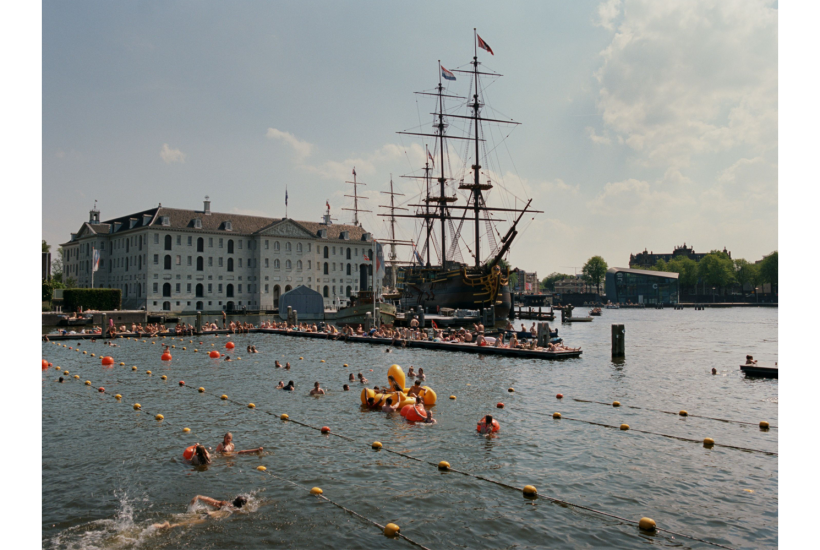Occupied City is Steve McQueen’s meditative essay on Amsterdam during Nazi occupation, with a running time of four hours and 22 minutes. There is no archive footage. There are no witness testimonies. It’s not The Sorrow and the Pity. It is not half-a-Shoah. Instead, this visits 130 addresses and details what happened there between 1940 and 1945 while showing the building or space as it is today.
Already a subscriber? Log in
Subscribe for just $2 a week
Try a month of The Spectator Australia absolutely free and without commitment. Not only that but – if you choose to continue – you’ll pay just $2 a week for your first year.
- Unlimited access to spectator.com.au and app
- The weekly edition on the Spectator Australia app
- Spectator podcasts and newsletters
- Full access to spectator.co.uk
Or
Unlock this article
You might disagree with half of it, but you’ll enjoy reading all of it. Try your first month for free, then just $2 a week for the remainder of your first year.








Comments
Don't miss out
Join the conversation with other Spectator Australia readers. Subscribe to leave a comment.
SUBSCRIBEAlready a subscriber? Log in